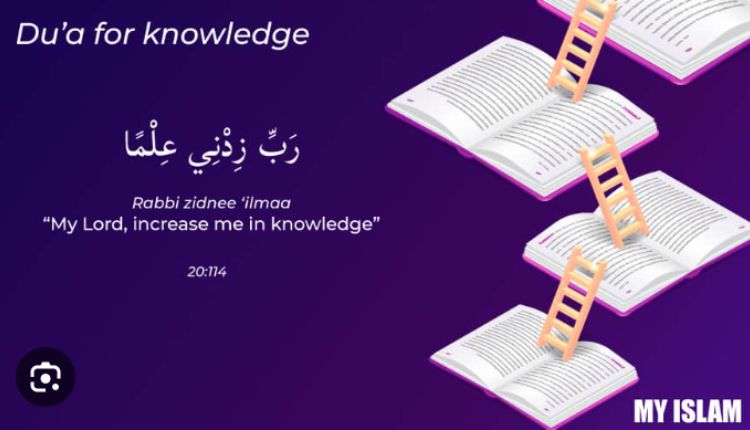Introduction:
The Quran is the central religious text of Islam, revered by Muslims as the literal word of Allah. Quranic recitation holds a significant place in Islamic worship, providing a means of connecting with the divine and seeking spiritual growth. In this article, we will delve into 10 types of Quran recitation, exploring their unique characteristics, benefits, and the impact they have on deepening one’s understanding of the Quran.
Tajweed Recitation:
Tajweed refers to the proper pronunciation, articulation, and intonation of the Quranic verses. It is the foundation of Quranic recitation and ensures accuracy in conveying the intended meanings. Tajweed recitation emphasizes precise pronunciation of Arabic letters and the correct application of rules for elongation, pauses, and accents.
Murattal Recitation:
Murattal recitation involves reciting the Quran with a measured and rhythmic flow. The reciter maintains a consistent pace and rhythm, making it easier for listeners to follow along. Murattal recitation enhances the beauty of the Quran’s melodious verses and aids in memorization.
Mujawwad Recitation:
Mujawwad recitation focuses on delivering the Quranic verses with a slow and measured pace, allowing for reflection and deep contemplation. The reciter employs melodious and captivating tones, emphasizing the meaning and spiritual impact of the verses.
Tartil Recitation:
Tartil recitation emphasizes clarity, precision, and a moderate pace. The reciter enunciates each word and phrase distinctly, allowing listeners to comprehend the message clearly. Tartil recitation is particularly suitable for individuals seeking a deep understanding of the Quran’s teachings.
Hafs Recitation:
Hafs recitation refers to the recitation style based on the narration of the Quran by the companion Hafs ibn Sulayman. It is the most common and widely accepted recitation style used by Muslims worldwide. The Hafs recitation is characterized by its clarity, consistency, and adherence to Tajweed rules.
Warsh Recitation:
Warsh recitation is another well-known style of Quranic recitation, attributed to the narrator Nafi’ al-Madani. This recitation style is primarily practiced in North Africa and features some variations in pronunciation and recitation of certain verses compared to the Hafs recitation.
Qalun Recitation:
Qalun recitation is attributed to the narrator Qalun, known for his meticulous adherence to the rules of Tajweed. This style of recitation is recognized for its precision and clarity in articulating the words and sounds of the Quran.
Al-Duri Recitation:
Al-Duri recitation is attributed to the narrator Abu ‘Amr al-Dani, known for his melodious and eloquent recitation style. This recitation emphasizes the aesthetic beauty and captivating tones of the Quran, enhancing the emotional and spiritual experience for both reciter and listener.
Shu’bah Recitation:
Shu’bah recitation is named after the renowned narrator Shu’bah ibn ‘Ayyash. This recitation style is marked by its clarity, simplicity, and adherence to Tajweed rules. Shu’bah recitation is often favored for its ease of comprehension and accessibility for learners.
Ibn Kathir Recitation:
Ibn Kathir recitation style is attributed to the renowned scholar and Quranic commentator, Ibn Kathir. This recitation emphasizes clear articulation, precise pronunciation, and a moderate pace, making it suitable for individuals seeking a balanced and comprehensive understanding of the Quran.
Conclusion
In conclusion, the various 10 types of Quran recitation, including Tajweed, Murattal, Mujawwad, and others, provide Muslims with diverse approaches to engage with the divine text. Each style offers unique benefits, enhancing spiritual connection, understanding, and appreciation of the Quran’s timeless message. May these recitation styles continue to inspire and uplift believers worldwide.
